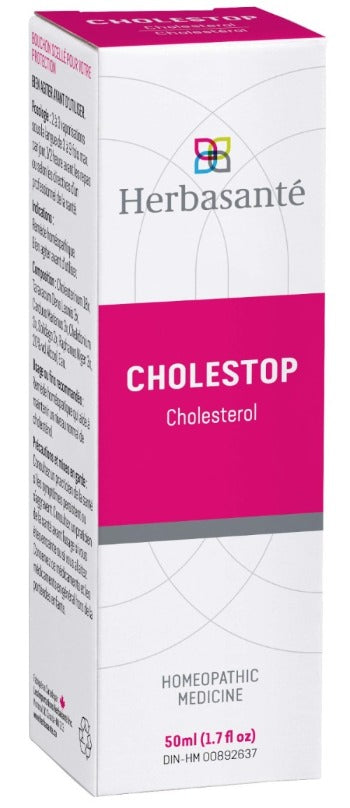
Cholesterol: An Unfortunate Dietary Pariah
Cholesterol is often thought to be bad for us. But is it really? Most cholesterol (80%) is produced by our liver cells, while the other 20% comes from the animal products we eat. Not only is cholesterol a precursor to sex hormones, steroid hormones and vitamin D, but it also plays an essential role in maintaining healthy cell membranes and synthesizing bile to promote healthy digestion.
Our diet has a major impact on our well-being and affects our cholesterol levels. Risk factors for high cholesterol include hypertension, obesity, diabetes, dyslipidemia, age, stress and smoking.
There are three types of transporters known as lipoproteins. The most well-known are LDL, HDL and VLDL. VLDL and LDL transport cholesterol and triglycerides from the liver to the cells of the body, while HDL carries fats back from the cells to the liver, where they are metabolized into bile salts and eliminated from the body.
Here are some healthy habits you can incorporate into your routine to improve your cholesterol.
*Steer clear of processed foods. These include store-bought cakes, deep-fried foods, prepared foods and fast food. Instead, add healthy fats to your diet, such as first cold-pressed olive oil, nuts and avocados.
*Schedule 30 minutes of exercise per day. A simple walk outdoors can make a huge difference. It also oxygenates your brain and helps you maintain a healthy weight!
*Don’t smoke! Your lungs will thank you.
*Set aside some time to meditate each morning to start your day on the right foot. This could be in the form of guided meditation or mindfulness. Alternatively, download the free cardiac coherence app onto your smartphone. Even five minutes per day helps lower your stress levels.
Red Yeast Rice
Part of the Alterra/Herbasanté natural products line, Cholester-Aid boosts your liver metabolism and regenerates the liver. Benefits were observed after three weeks of regular Cholester-Aid intake.
One ingredient, red yeast rice, helps lower cholesterol by inhibiting an enzyme that synthesizes liver cholesterol. Reduced levels of VLDL and LDL were also observed. Studies (1) (2) have shown that red yeast rice can reduce your blood cholesterol levels by 25% to 35%.
Phytosterols are a key ingredient in our product and help lower intestinal cholesterol absorption. They can also be found in the foods we eat. Try adding flaxseed, sesame seeds or wheat germ to your diet.
To optimize liver function, we chose to add artichoke due to its choleretic and digestion-enhancing properties. Milk thistle revitalizes liver cells and improves blood circulation in the abdomen. Its bitterness also aids digestion.
The ingredients in this product work together to boost various body mechanisms and support the cardiovascular system.
It’s time to give cholesterol the credit it deserves for the essential role it plays in maintaining homeostasis. As always, balance is key.


